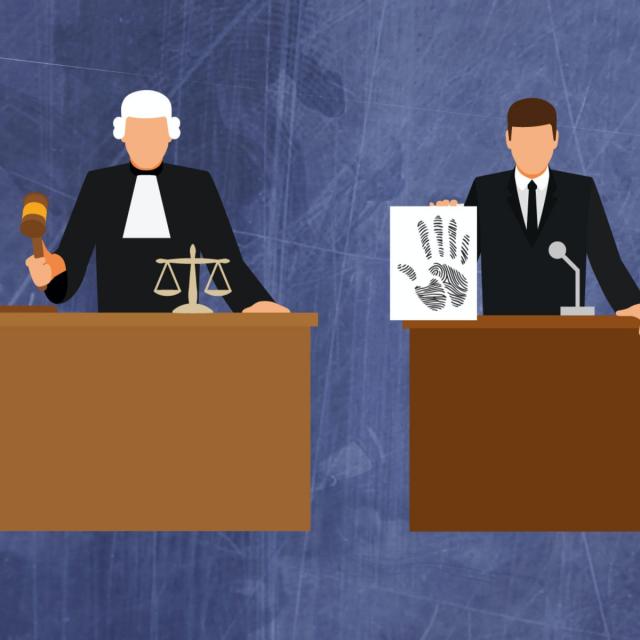Franco Taroni
Franco Taroni is full professor of forensic statistics at the University of Lausanne (Faculty of Law, Criminal Justice and Public Administration, School of Criminal Justice). He received his Ph.D. in forensic science in 1996 from the University of Lausanne. He was awarded two European Community Grants for Training and Mobility of Researchers for a collaboration with Prof. Aitken of the Department of Mathematics and Statistics of the University of Edinburgh. He spent 4 years as a research project manager at the Institutes of Forensic Medicine of the Universities of Lausanne and Zürich (Switzerland). Franco’s main areas of research, casework, and teaching are forensic statistics, Bayesian networks, and Bayesian decision-theoretic data analyses. He has authored and coauthored several books on these topics (i.e. Statistics and the evaluation of evidence for forensic scientists (2004), Bayesian networks and probabilistic inference in forensic science (2006), Data analysis in forensic science : a Bayesian decision perspective (2010) and Bayesian networks for probabilistic inference and decision analysis in forensic science (2014). He is editor of the journal Law, Probability and Risk (Oxford University Press).


